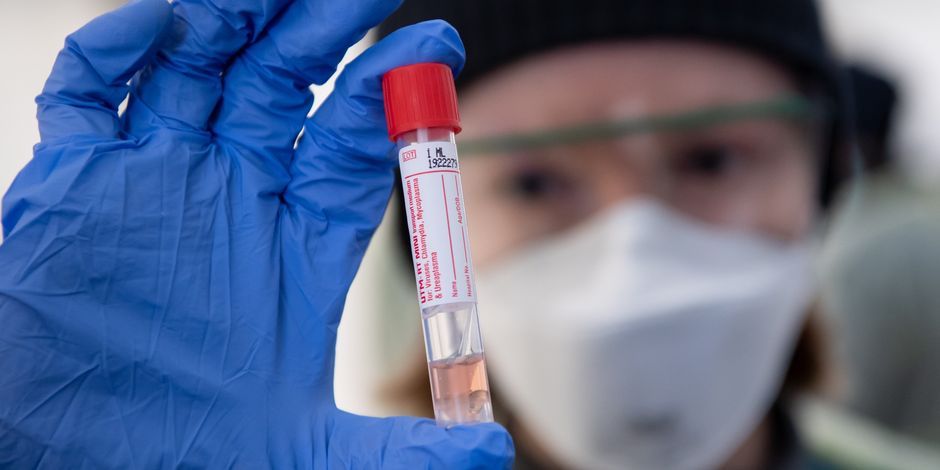Many of the tests to determine the new coronavirus (Covid-19) in patients that give a false negative result have been taken too late, the Federal Public Health Service said during the daily press briefing on Tuesday.
About 30% of the tests taken to determine whether or not a patient has been infected with the virus give a false negative result, said Patrik Vankrunkelsven, a lecturer at the Centre for General Medicine of the University of Leuven last week, on the website of the Belgian centre for evidence-based medicine (CEBAM).
Whether or not a test will result in a false negative can depend on many factors. “An insufficient presence of the virus in the nasal mucus, quality and timing of the sample, conditions of transport and the margin of error of the test itself,” Vankrunkelsven said.
The standard test to detect a virus infection is a PCR test, on a sample taken from a nose swab. "This is a very sensitive test that gives few false negatives, provided that it is taken at the beginning of the symptoms, in the first week when you are sick," said virologist and inter-federal Covid-19 spokesperson Steven Van Gucht during the press conference, adding that this is a reference test that works well.
Related News
- Coronavirus: almost half of infections happen before symptoms appear
- Coronavirus: 170 new deaths, 172 hospital admissions
- Coronavirus: Three out of ten tests give false negative result
“These kind of tests are the most reliable tests at the time but there can be false negatives,” Flemish Agency for Care and Health spokesperson Joris Moonens told The Brussels Times last week, saying that most of the time, this resulted from incorrectly swabbing a patient.
"This test says something about the infection, and also about the contagiousness of the patient," said Van Gucht.
The problem, according to Van Gucht, is that people only start getting very sick during the second week. "That is when they are admitted to hospital, but the virus in the nose may already be on its way back by then," he said.
The virus may still be in the lungs, but it is often no longer present in the nose. "This way, a swab in the nose can give a negative result while the patient is still sick and has severe pneumonia," Van Gucht said.
Health professionals are aware of this, and will often rely on a lung photograph to diagnose patients to be sure. Nevertheless, the tests are useful to give an overall epidemiological picture of the spread and evolution of the virus.
Maïthé Chini
The Brussels Times

